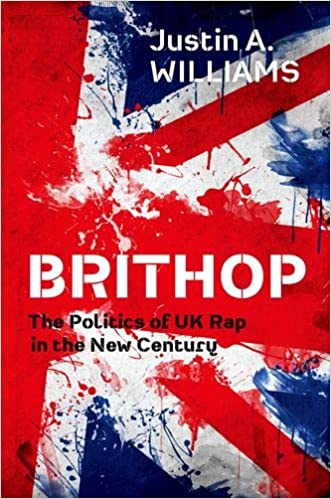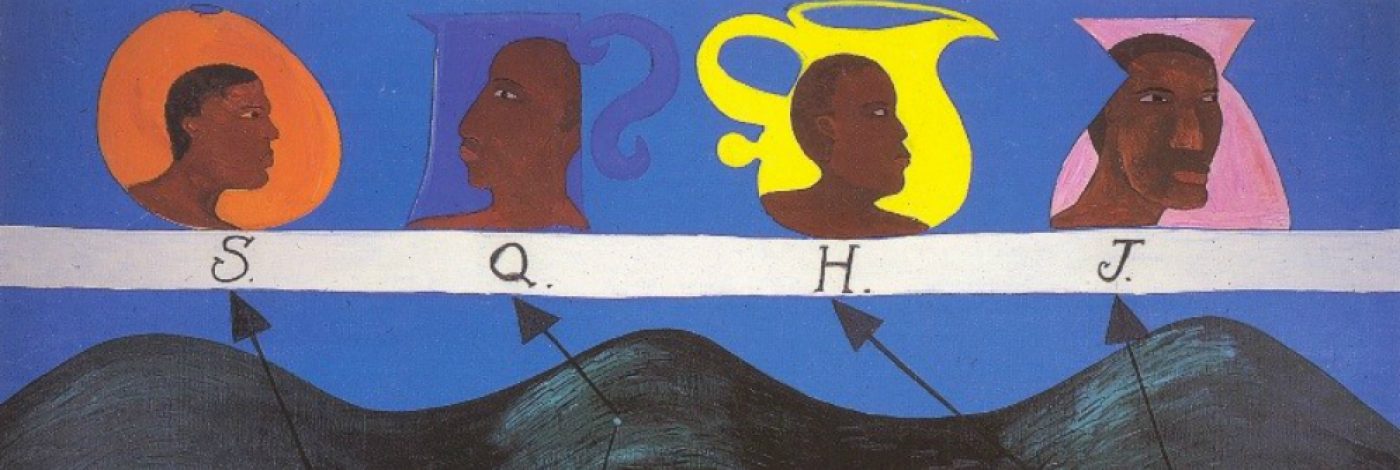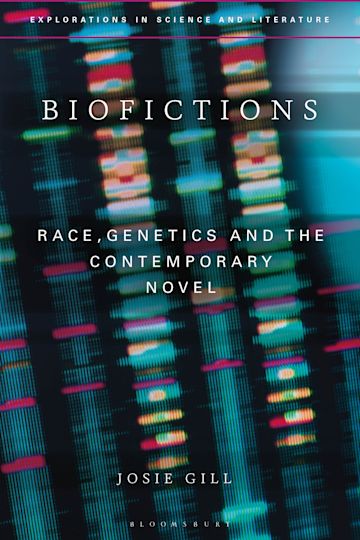The past decade in the UK has been rife with political discourse in all its forms: the spectre of Brexit has dominated over half this time, and now a post-Brexit landscape needs to deal with issues around the Irish Border, the increasing call for Scottish independence, and the role of government in handling the novel coronavirus pandemic. With Harry and Megan leaving their royal duties, even the monarchy is increasingly under scrutiny. Debates around the history of the British Empire and its role in profiting from the slave trade has also been in recent news, with Edward Colston’s statue falling in my hometown of Bristol in June 2020. The Black Lives Matter movement have prompted discussion on identity, discrimination, anti-racism, inclusion, and representation in society for Black British and other minority ethnic groups.

From all this, one can conclude that the Kingdom is far from united. While media outlets such as the BBC and newspapers tell a particular story of the situation, I have found that there is a missing voice in these discourses which shed an important light on these contexts.
The British rapper, or MC, I argue is just an important if not more important voice speaking out and talking back to more mainstream political narratives. Sometimes it’s done with humour, in the case of Brexit parodies like “F**k Brexit” and “Auf Wiedersehen Mate,” or with urgency such as in Akala’s “Maangamizi” (on the African Holocaust). Some of these MCs have received less attention than their stylistic cousins working with grime and drill music, but nevertheless have important things to say on nationalism, history, and belonging.
With regards to Scotland, their 2014 referendum for independence was accompanied by a flowering of creativity, and hip-hop was no exception. Songs from Stanley Odd like “Marriage Counselling” and “Son I Voted Yes” were important in the soundtrack to the “Yes Scotland” campaign (which eventually lost 45% to 55%).
Listening to a song like Dave’s “Question Time” from 2017 at the start of Theresa May’s government really sums up concerns with adequate care and wages for what we now call “key workers” in our society. He raps,
“All my life I know my mum’s been working
In and out of nursing, struggling, hurting
I just find it f**ked that the government is struggling
To care for a person that cares for a person.”
As ever, rap at its most politically conscious becomes a mouthpiece for the voiceless, the marginal, those who contribute most productively in society but are rarely heard. Chuck D famously said that rap was “CNN for Black people,” and many of the rappers in the UK (e.g. Lowkey, Shay D, Akala, Stanley Odd, Reveal) extend this point more globally. Songs about Grenfell Tower (such as “Ghosts of Grenfell”) are concerned with the tragedy itself, as well as the tower as metaphor for the wider failings of the British government and its adherence to neoliberal principles.
And what about songs about coronavirus? Yes, they exist too. Lady Leshurr who has a popular series of viral videos under the “Queen’s Speech” banner, released “Quarantine Speech” in April 2020, encouraging people to wash their hands while draping a sparkly union jack flag mask around her neck.
Investigating UK rap in the twenty-first century shows a multifaceted group of voices that reflect the politics of the postcolonial condition of the UK. Whether it’s addressing national or regional issues, global hip-hop and its penchant for talking back to (or even better, rapping back to) dominant discourses can provide a wider framework for performers.
Listen to the Brithop playlist here on YouTube.
Justin A. Williams is Associate Professor in Music at the University of Bristol, UK. He is the author of Rhymin’ and Stealin’: Musical Borrowing in Hip- Hop (2013), editor of The Cambridge Companion to Hip- Hop (2015), and coeditor (with Katherine Williams) of The Cambridge Companion to the Singer- Songwriter (2016) and The Singer- Songwriter Handbook (2017). He has also written on crowdfunding, progressive metal, and Hamilton: An American Musical.
[An earlier version of this blog can be found on the OUP blogs website: https://blog.oup.com/2020/10/the-poetics-and-politics-of-rap-music-in-the-uk/
Reprinted with permission.]


